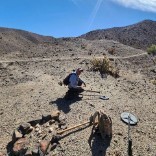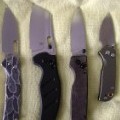GPX 5000 Or 6000 On 2 Gram Nugget?
-
Similar Content
-
- 3 replies
- 224 views
-
- 1 reply
- 237 views
-
- 1 reply
- 393 views
-
- 25 replies
- 2,513 views
-
- 21 replies
- 1,910 views
-
- 4 replies
- 1,532 views
-
-

.thumb.jpg.95344db3aeef0a4c6c73420daa366191.jpg)





Recommended Posts
Create an account or sign in to comment
You need to be a member in order to leave a comment
Create an account
Sign up for a new account in our community. It's easy!
Register a new accountSign in
Already have an account? Sign in here.
Sign In Now